What the expanded Child Tax Credit meant for one Madison family
After receiving monthly payments over the latter half of 2021, a mother of two reflects on what additional federal aid meant for her family's bottom line as political debate continues over its future.
By Marisa Wojcik | Here & Now
February 23, 2022

(Credit: Illustration by Marisa Wojcik)
“These past two months, it’s just been crazy,” said Tineshia Campbell. A Madison mother of two, her monthly budget is strained working as a gas station clerk, and even more so after additional monthly payments from a federal tax credit for those with children ended.
“It’s been rough,” she noted.
The Advance Child Tax Credit was a temporary program that increased the amount of money parents could claim per child and advanced some of the credit in monthly payments from July to December of 2021.
For Campbell, those six months of additional monthly payments made a huge difference.
“Bills are paid on time. There is food in the house. I wasn’t really stressed,” she said.
Campbell said the extra money really helped her make it to the end of each month, especially if a surprise expense popped up before the next paycheck from her job.
“That was a huge blessing, and I really think they should continue that because it’s hard when you have a teenage son — kids in general,” said Campbell, who has a daughter in sixth grade and a son in eighth grade who is already more than six feet tall (and a big eater).
The enhanced credit was part of the American Rescue Plan Act of 2021, the $1.9 trillion federal stimulus package that provided funding to help boost the economy amid the strain of the pandemic.
In total, the credit provided up to $3,600 to households for children under six, and $3,000 for kids ages six to 17.
Democratic lawmakers touted the extra monthly payments to parents as a means to significantly reduce child poverty levels in the United States, saying it had the potential to lift 50% of children out of poverty. In the six months the monthly payments were distributed, child poverty was reduced by 30%.
“In Wisconsin, that translates to lifting about 45,000 kids out of poverty,” said Tamarine Cornelius, an analyst with the Wisconsin Budget Project, in a Feb. 4, 2022 interview on Here & Now. “That’s enough to fill every seat in American Family Field with a little left over.”
The aid provided through the American Rescue Plan Act was intended to be temporary, but Congress has been debating whether to extend enhancements to child tax credits.
The federal Build Back Better bill includes an extension to the enhanced child tax credit for another year. This massive reconciliation bill, a major part of the Biden Administration’s agenda, has been contested by Republicans and a pair of Democrats in the Senate for many months and now sits stalled.
The meaningful parts of the temporary enhancements to the child tax credit included three elements, according to Cornelius.
The first was advancing a portion of the overall tax credit to parents in monthly payments, instead of one lump sum come tax season.
“You have to fill up the gas in your car all the time, not just once at the end of the year with your tax return,” Cornelius said on Here & Now.
The second part of the credit is an overall increase in the amount of money a parent can claim per child.
The last element, however, provided “the biggest bang for the buck in terms of poverty reduction,” according to Cornelius, to ensure that families with the lowest incomes would be eligible for the largest amount of credit possible.
Under regular tax law, the lowest income-earning families are not eligible to receive the full tax refund. The enhanced child tax credit guaranteed the full amount per child regardless of income.
“That improvement meant that the parents of about 350,000 kids in Wisconsin got the full credit, whereas before they didn’t,” said Cornelius. “That part is most important in lifting kids out of poverty.”

“That was a huge blessing,” said Tineshia Campbell about the effects of the Advanced Child Tax Credit, which helped her make ends meet each month with two growing children, a daughter in sixth grade and a son in eighth grade. (Credit: Courtesy of Tineshia Campbell)
The long-term investment and impact of lifting children out of poverty is incalculable, as research has shown the stress of being poor adversely affects health — and even brain development — in children.
The six-month enhanced child tax credit was a toe in the water for proponents and researchers of guaranteed income, also called a universal basic income.
A longitudinal study named “Baby’s First Years” looked at cognitive, emotional and brain development among infants provided mothers with monthly payments comparable to those of the enhanced child tax credit. Among its findings was that reductions to child poverty improves brain development.
However, passing another expanded child tax credit, temporary or permanent, is a political uncertainty. Democrats generally would like to see the aid passed in the American Rescue Plan Act continue, while Republicans criticize this proposal and other elements in the Build Back Better bill for their price tag.
Even if a handful of Republicans, like Sen. Mitt Romney of Utah, are on board with something akin to expanding benefits for families with children, that support would come with stipulations such as strict work requirements.
Some opponents are unconvinced people receiving extra monthly payments will spend it on essentials, but Cornelius chides this assumption.
“Families know best what they need to support themselves and how to spend their budgets. To suggest otherwise, I think, is just incredibly out-of-touch with the decisions that parents make every day and tradeoffs for the well-being of their families,” said Cornelius.
“They have to eat. You have to have light and internet for them. You have to have a home for them. You have to have clean clothes for them. So, it’s a lot,” explained Campbell about caring for her children. “With everything going up now and they stop the child tax credit, you really realize how grateful and how needed that extra money was.”

Tineshia Campbell and her daughter pose for a photo taken during the COVID-19 pandemic, when monthly payments through the Advance Child Tax Credit in the latter half of 2021 helped bolster the family budget. (Credit: Courtesy of Tineshia Campbell)
Campbell understands financial tradeoffs.
“Pay bills. And then food, because FoodShare doesn’t always cover the whole month that you need it. So yeah, it’s been rough,” she said.
Campbell works. She has one job, but at one point she tried working two different jobs. The tradeoffs in that sense become a matter of working, the rising cost of childcare and overall time spent away from her children.
“They’re not excuses. I’ve actually done these things. I have worked two jobs. It’s a lot on my kids, though,” Campbell said. “Granted, they’re older now, but still, they need their mom.”
Inflation and the elimination of the extra $300 per month has put a strain on the family budget.
That said, while half of the expanded credit was doled out in monthly payments, the other half will be distributed come tax season.
“I know taxes are coming, so I’m waiting for that. But it’s still a struggle,” Campbell said.
Campbell was hoping extra funds from the expanded child tax credit meant she could put a little away and start saving. Instead, it helped her make ends meet.
“I’m going to go to a financial class to help myself be better with money,” said Campbell. “But I’m just not bringing in enough. I need more.”
 Passport
Passport




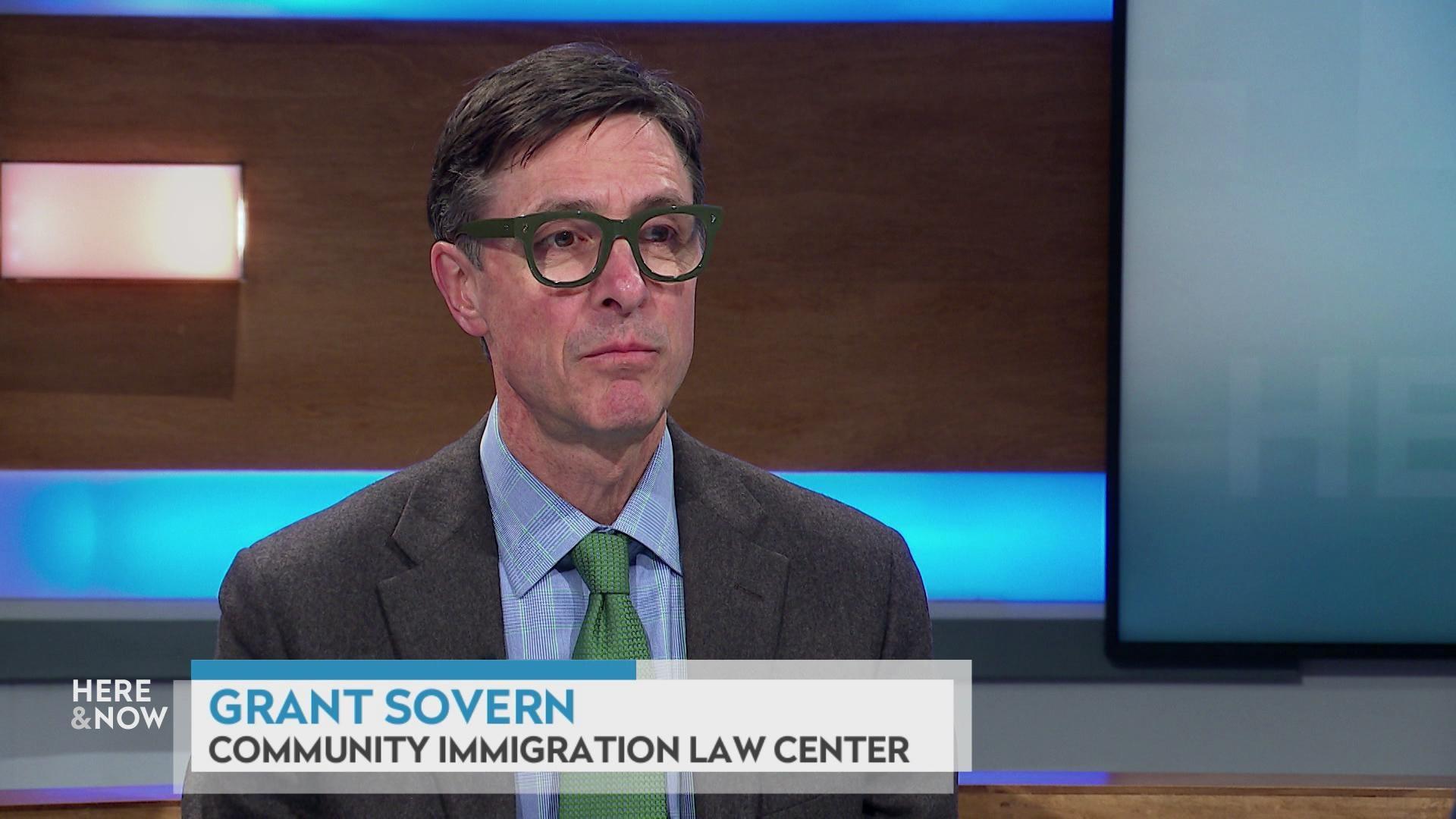
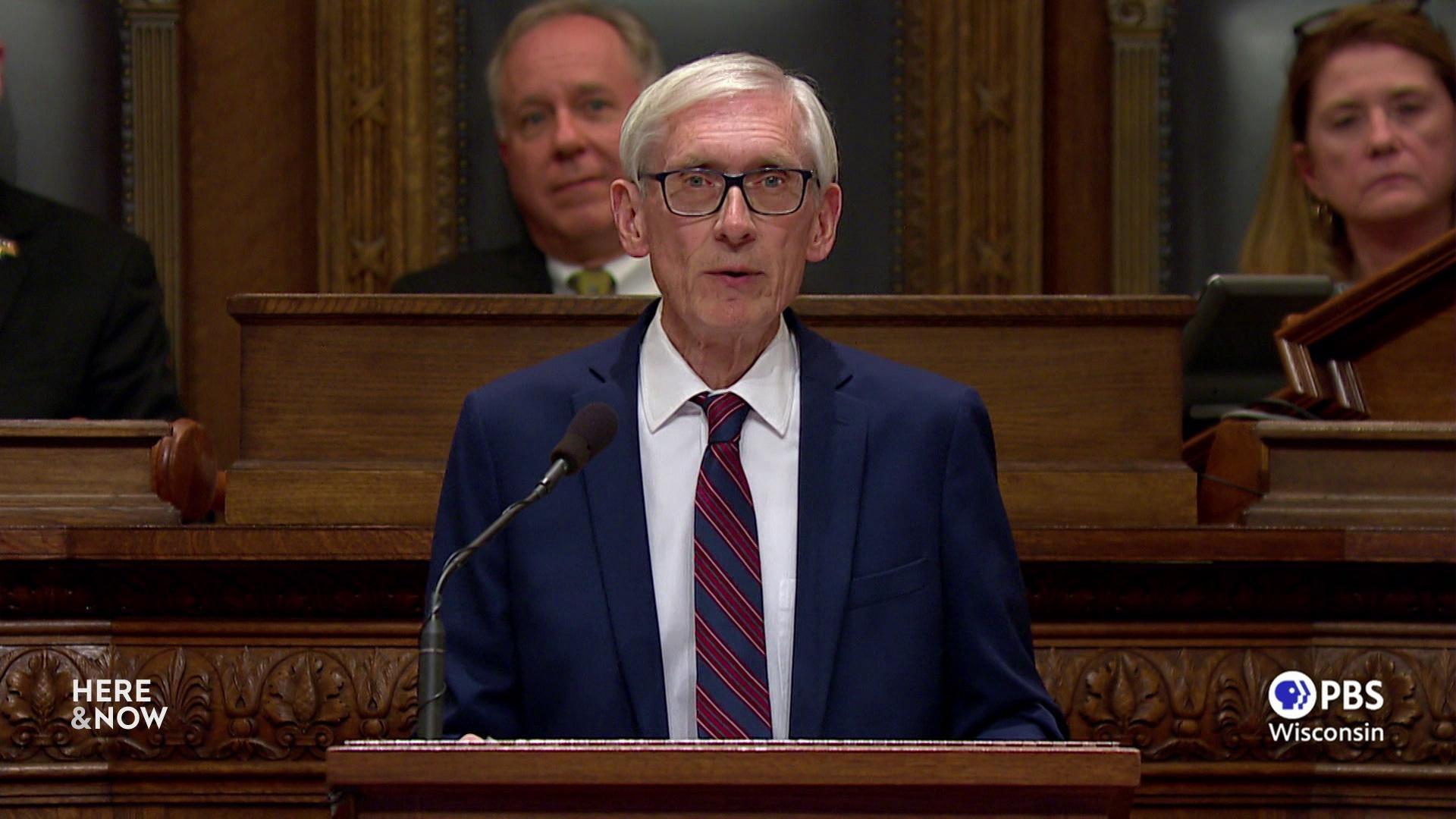
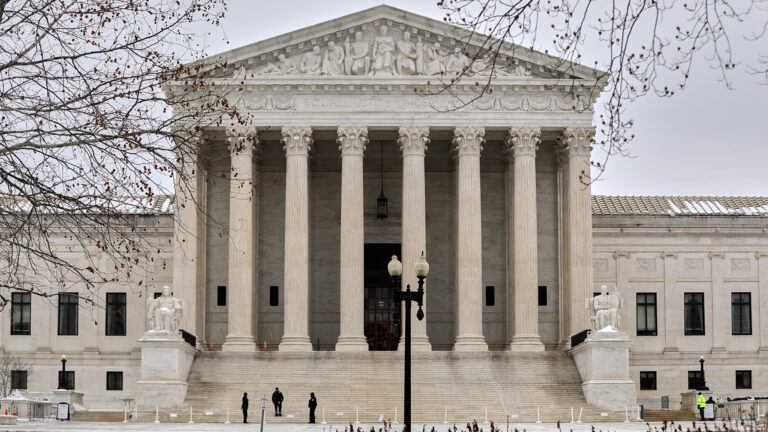
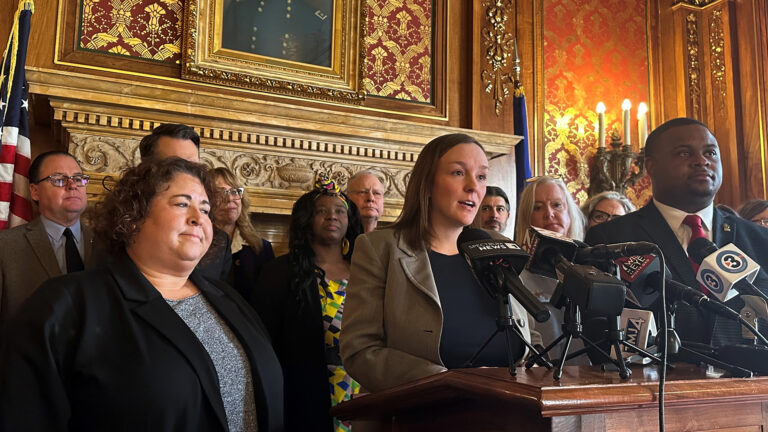
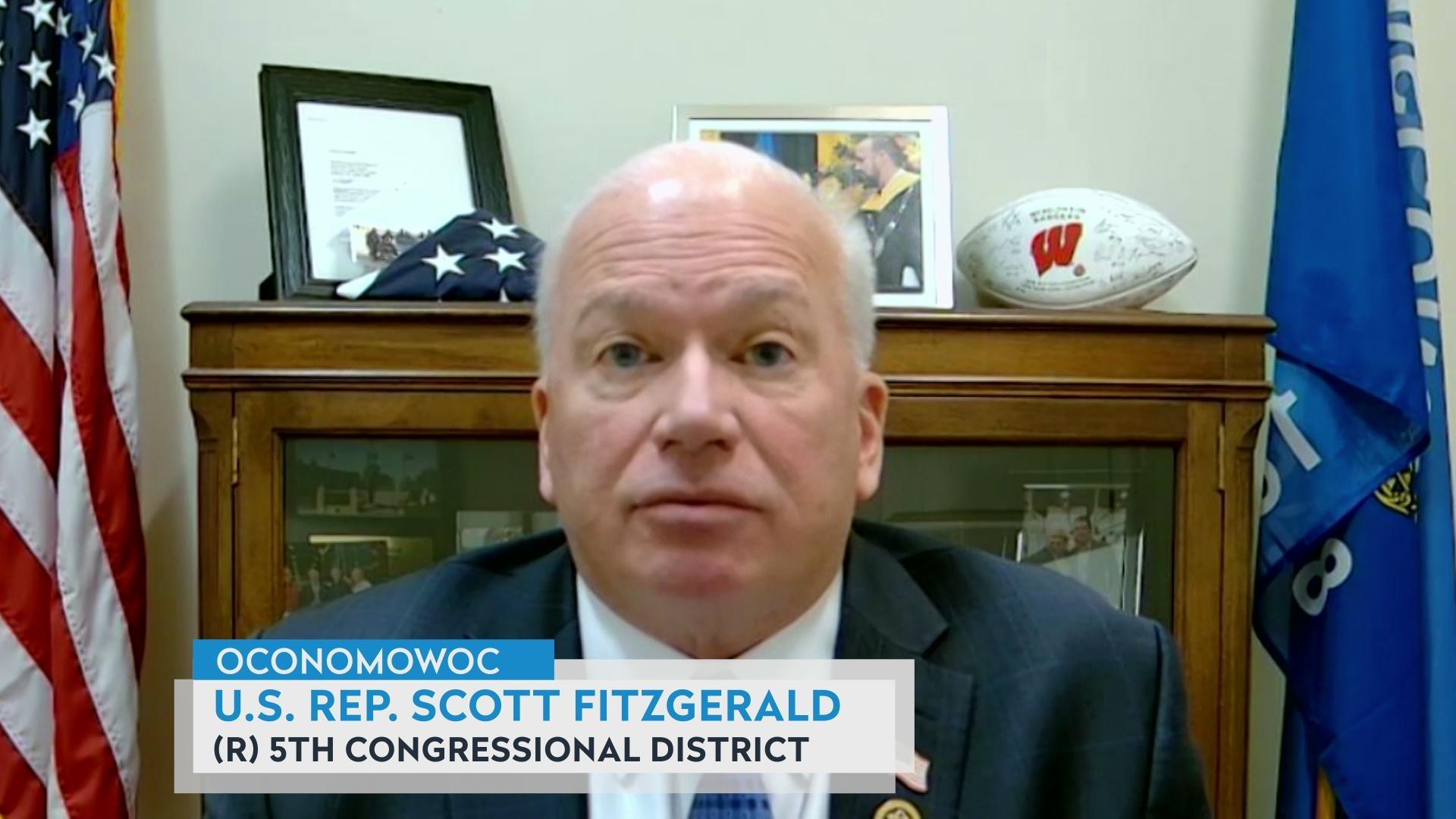
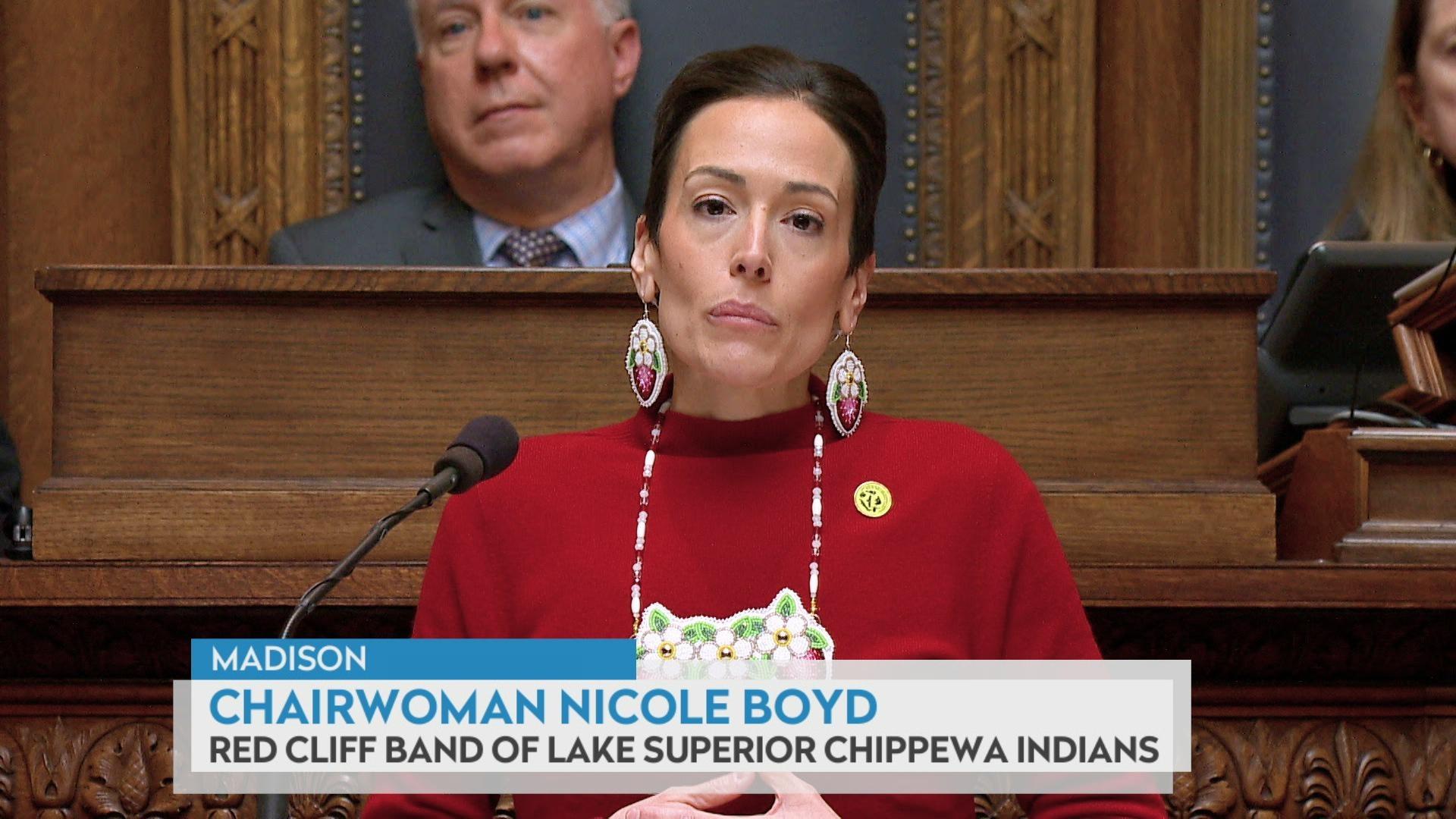

Follow Us